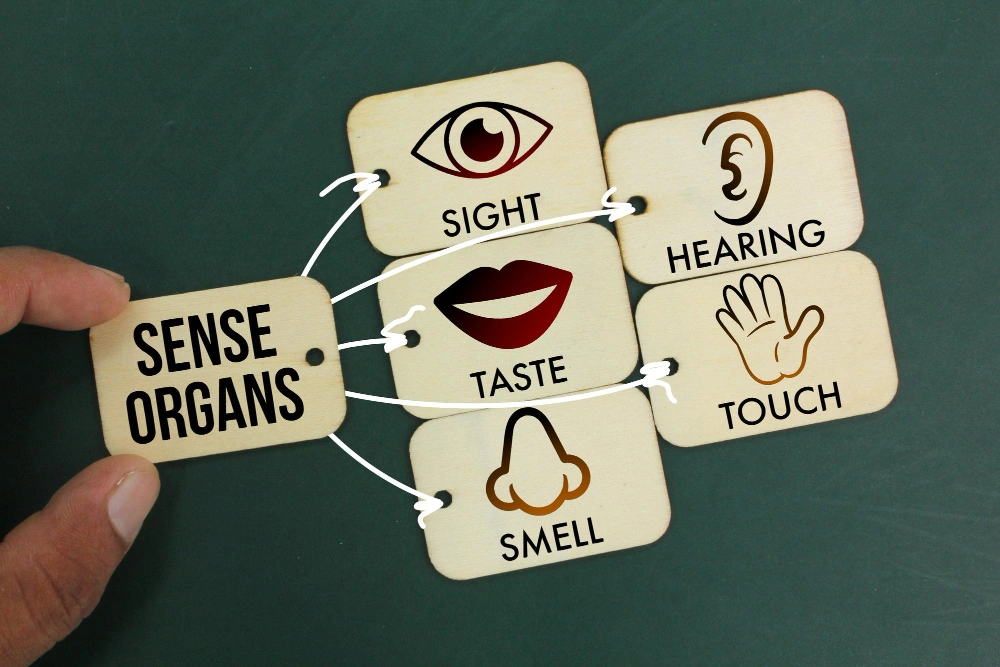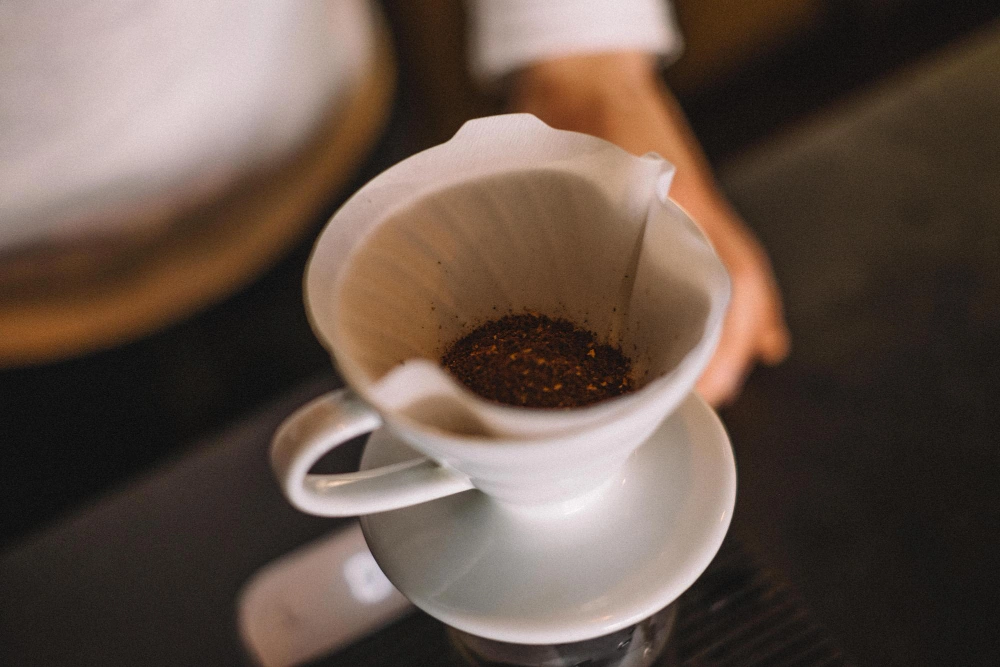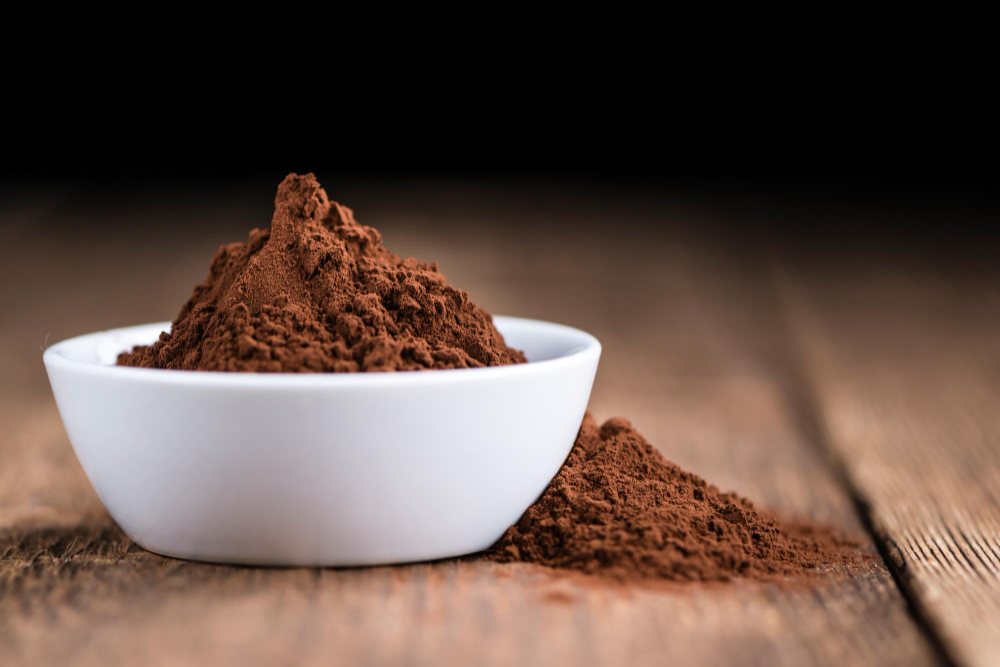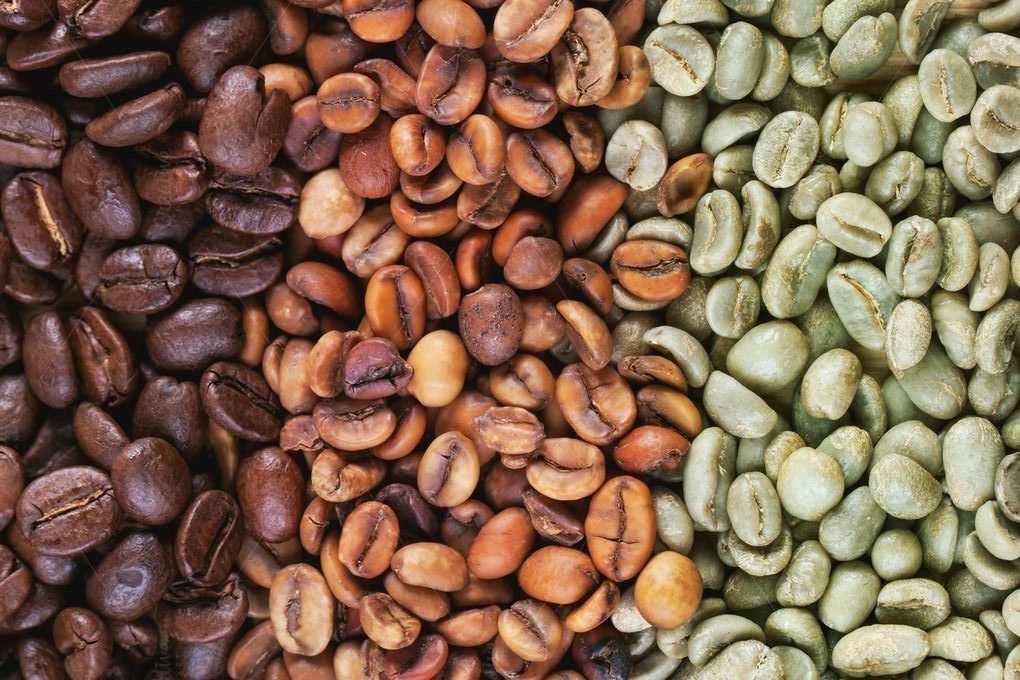From Seed to Brew: What Does the Future of Machine Learning in Coffee Innovation.
Machine learning in coffee might not seem like an obvious pairing, but these technologies are increasingly working hand-in-hand to address the unique challenges faced by the coffee industry. With growing concerns about sustainability, product quality, and the ability to meet consumer demand, the coffee industry is exploring new solutions. Machine learning in coffee, through its ability to analyze large datasets and provide real-time insights, is opening up a world of possibilities.
The use of machine learning techniques in coffee production includes everything from improving crop yields to enhancing flavor profiles. By leveraging sensors and real-time data, machine learning helps farmers monitor and adjust environmental conditions such as soil moisture, temperature, and even pest control. This results in a more sustainable farming model and higher-quality beans, directly impacting the final product. With the ever-increasing demand for premium coffee, the role of machine learning in ensuring quality is becoming indispensable.

Optimizing Coffee Cultivation with Machine Learning
Machine learning in coffee has found its most significant application in the cultivation of coffee beans. Using AI-powered sensors and data analysis tools, farmers can predict ideal planting times, monitor the growth conditions of their crops, and detect issues like pest infestations or diseases early on. By analyzing vast amounts of data, machine learning algorithms provide insights into the best practices for watering, fertilizing, and managing pests, all of which contribute to healthier, more sustainable coffee plants.
Furthermore, by incorporating climate data into their models, machine learning can also help coffee producers adapt to changing weather patterns, which is crucial for the future of coffee as a crop. The predictions made by these algorithms help farmers make informed decisions, ultimately improving both yield and quality.

For a deeper understanding of coffee varieties, we recommend reading the article titled Arabica Coffee.
Enhancing Coffee Processing with Machine Learning
The journey of coffee from the farm to the cup involves several critical steps, from processing the harvested beans to roasting them to perfection. Machine learning in coffee is increasingly being utilized in the processing phase to ensure consistency and quality control. By using sensors that detect humidity levels, temperature, and other environmental factors during processing, machine learning can ensure that each batch of beans is handled properly.
The roasting process, in particular, benefits from machine learning, as AI systems can analyze data from each roast to create precise profiles. These profiles help roasters adjust their techniques to achieve the ideal flavor profile for each batch. As consumer tastes evolve, machine learning offers roasters the ability to fine-tune their process and deliver consistent, high-quality results every time.
Machine Learning and Sustainability in Coffee Production
Sustainability is a key concern in the coffee industry, and Machine learning in coffee is playing a vital role in addressing this challenge. With the global demand for coffee continuing to rise, it is essential to find ways to reduce the environmental impact of coffee production. Machine learning in coffee enables coffee producers to optimize water usage, minimize waste, and reduce the energy required for processing.
Additionally, by analyzing environmental data, machine learning can help coffee producers reduce the carbon footprint of their operations. For example, by predicting optimal harvesting times or adjusting processing methods, machine learning supports a more sustainable coffee supply chain that not only preserves the environment but also improves economic viability for producers.
The Future of Coffee: Innovations and Trends
Looking to the future, machine learning is set to continue playing an integral role in shaping the coffee industry. As new AI-driven technologies emerge, the possibilities for improving the coffee supply chain are endless. Whether it’s through more accurate predictions of crop yields, more efficient processing methods, or the ability to create custom coffee blends that meet specific consumer preferences, Machine learning in coffee to redefine the coffee experience.
The innovations in coffee brought about by machine learning are also helping companies meet the growing consumer demand for ethically produced and sustainably sourced coffee. By ensuring a more transparent and traceable supply chain, machine learning is enabling companies to provide consumers with the highest-quality coffee, produced in a way that aligns with their values.
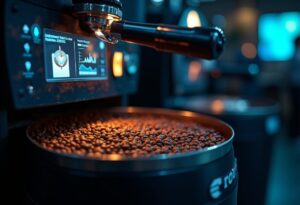
Conclusion
Machine learning in coffee is rapidly transforming the coffee industry, offering innovative solutions to challenges related to quality, sustainability, and efficiency. From the moment a coffee seed is planted to the moment it’s brewed into a cup, machine learning is improving every stage of production. By embracing these technologies, the coffee industry can meet the demands of an evolving market, ensuring that coffee lovers everywhere can enjoy a more sustainable and higher-quality product.
